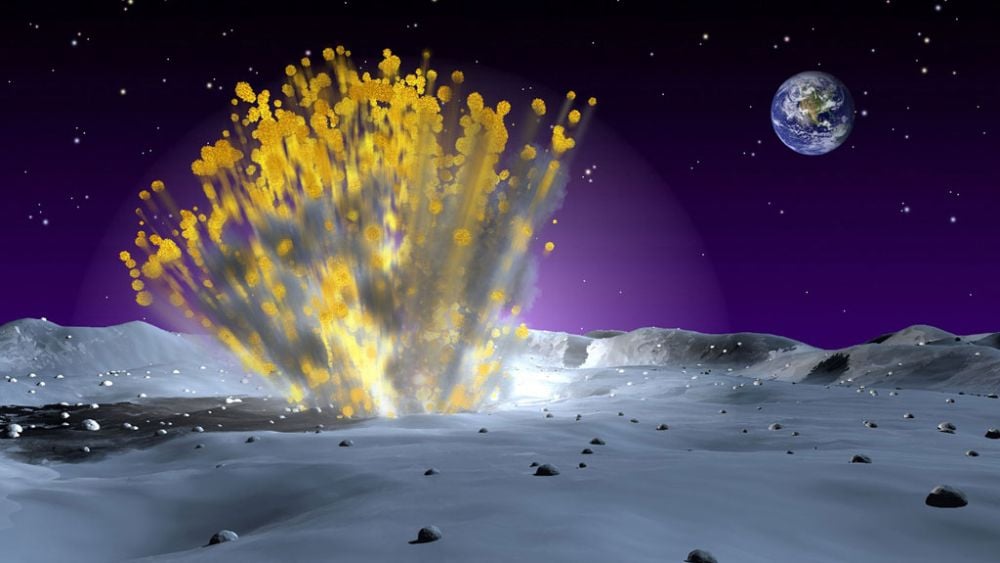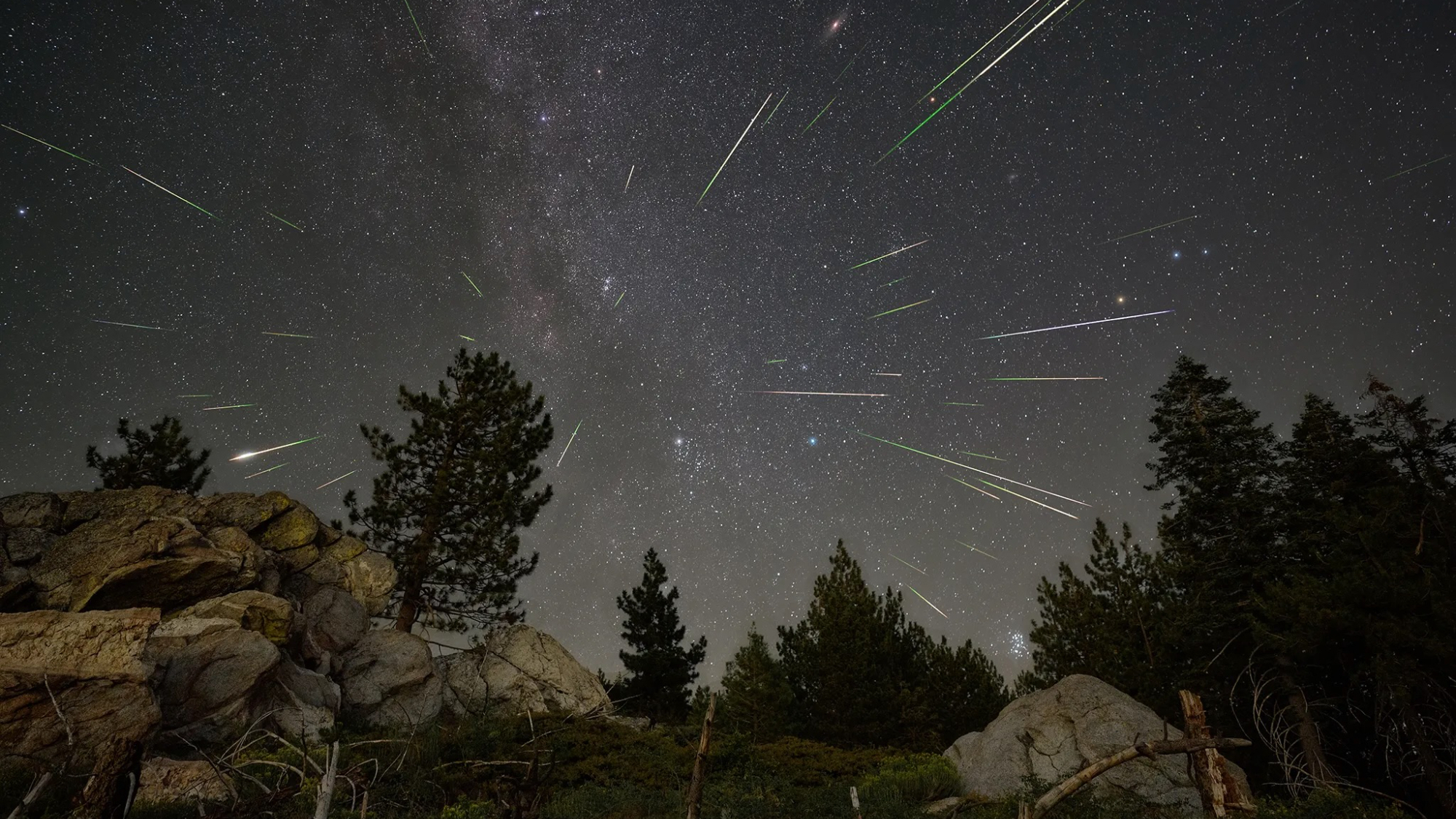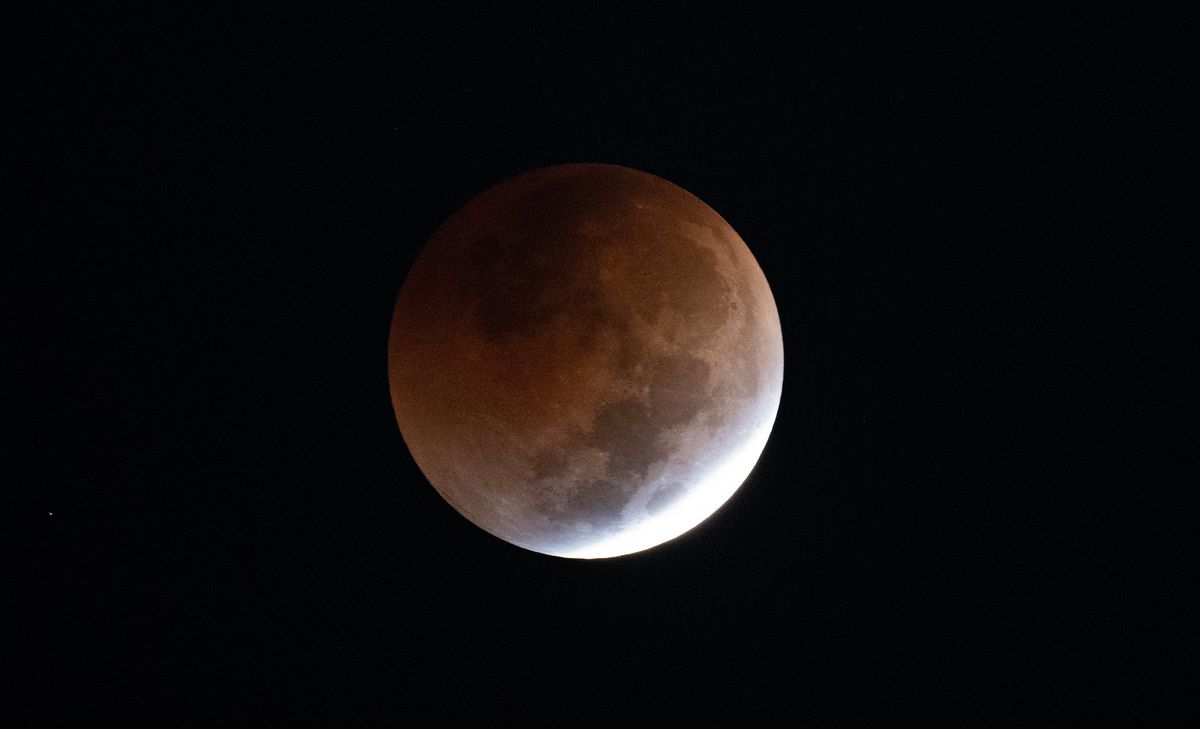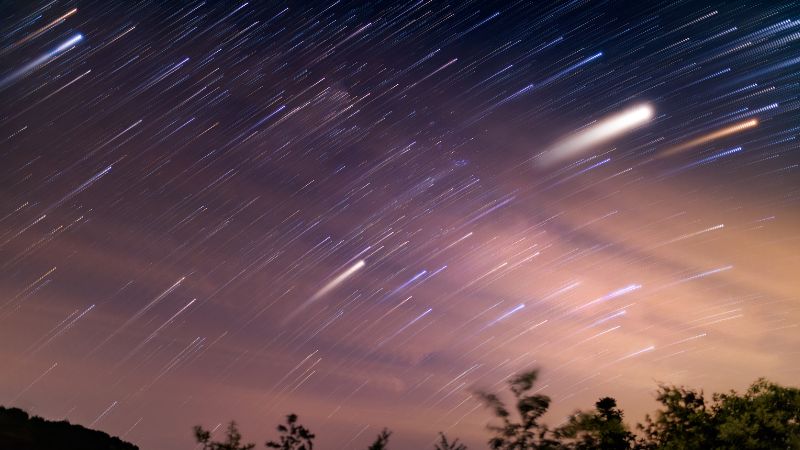
Meteor Showers
A meteor shower is a celestial event in which a number of meteors are observed to radiate, or originate, from one point in the night sky. These meteors are caused by streams of cosmic debris called meteoroids entering Earth's atmosphere at extremely high speeds on parallel trajectories. Most meteors are smaller than a grain of sand, so almost all of them disintegrate and never hit the Earth's surface. Very intense or unusual meteor showers are known as meteor outbursts and meteor storms, which produce at least 1,000 meteors an hour, most notably from the Leonids. The Meteor Data Centre lists over 900 suspected meteor showers of which about 100 are well established. Several organizations point to viewing opportunities on the Internet. NASA maintains a daily map of active meteor showers.








